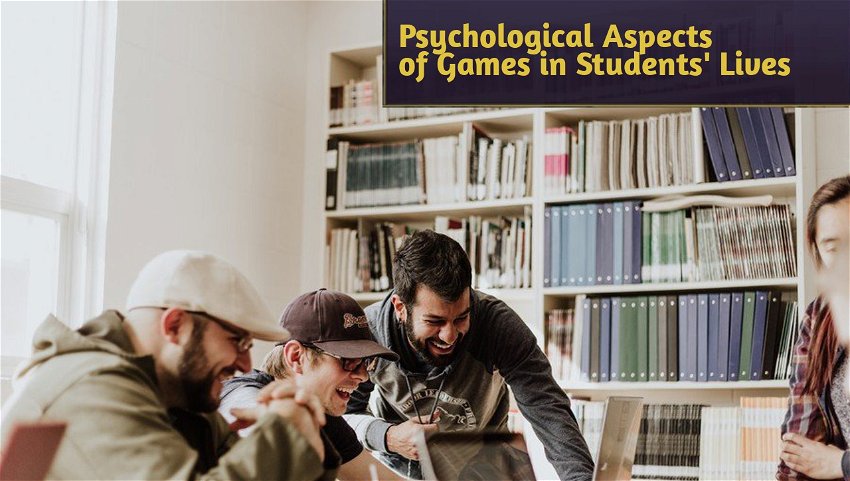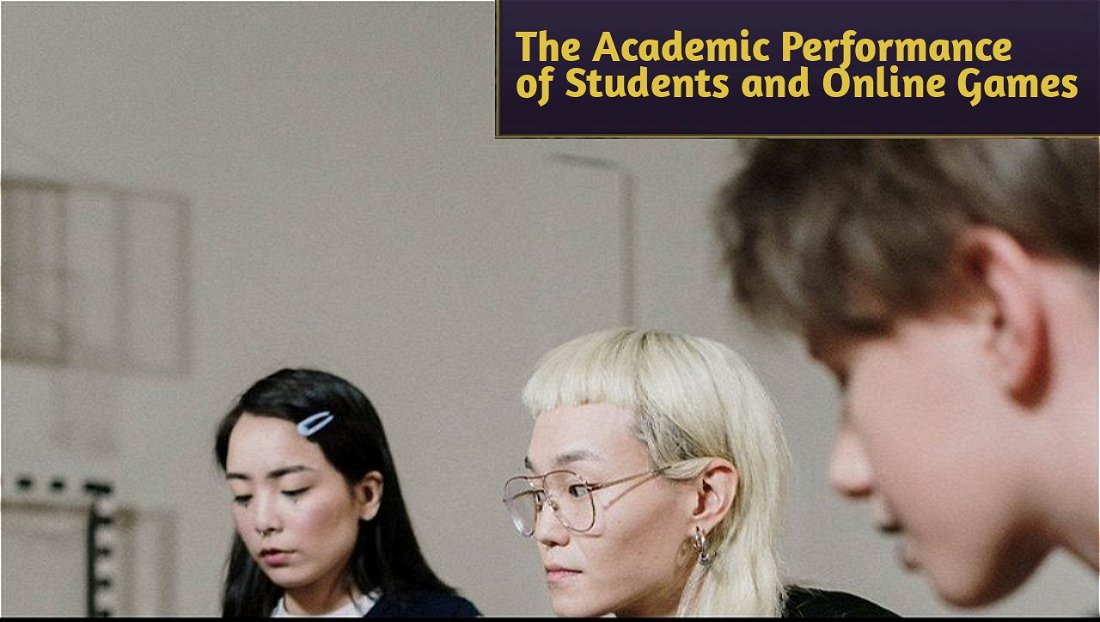Today's students face many obstacles ranging from academic pressures and social expectations to psychological stress relief from video games. Video gaming has proven an indispensable source of entertainment and psychological comfort, going far beyond its original purpose as mere amusement. This article delves deeper into the psychological effects of gaming on student lives, specifically looking at differences between urban and rural environments. By exploring the gaming experiences of students in these varied environments, we can gain a greater insight into its impact on well-being and mental state.
Gaming's Universality
Gaming is an all-inclusive phenomenon that cuts across geographic and social divides. Students across busy city centers and tranquil countryside locales engage in gaming to relax, unwind, and challenge themselves, but its psychological effects can differ considerably depending on students' surroundings.
City Life and Gaming
Urban students frequently experience the demanding and stressful nature of city living, leading to academic pressure that often builds into an endless cycle. Gaming provides a temporary respite from this reality by giving students a sense of control and accomplishment in virtual worlds. Gaming becomes an escape from urban living, providing empowerment, relaxation, and socialization opportunities while providing respite from its hectic pace.
Country Life and Gaming
Conversely, students living in rural or countryside settings typically opt for a more tranquil lifestyle surrounded by nature's beauty. Yet, such idyllic surroundings may lead to feelings of isolation when limited social activities or peers are nearby. You can read more about this aspect in “difference between city and country essay”.
Gaming provides rural students an essential way to bridge the divide between their natural surroundings and the digital realm. Gaming allows them to explore uncharted territories, experience different cultures, and join an international online gaming community, alleviating feelings of isolation while reinforcing that gaming is more than simply amusement - it fosters relationships across cities and countryside alike.
Emotional Regulation and Stress Relief Solutions
Gaming provides one of the greatest psychological advantages, in terms of emotional regulation and stress relief, for students in both urban and rural settings. Stressful situations arise at both ends, whether academic pressure in urban centers or isolation in rural locales; gaming provides a powerful outlet for emotional release.
Virtual worlds allow students to safely express their frustrations, enjoy moments of triumph, and explore complex emotional states without risk. Gaming's emotional engagement can serve as a form of therapy, helping students manage stress levels more easily while providing a controlled environment where they can confront challenges while experiencing various emotions that mirror real life's terrain.
Online multiplayer games also provide students with an avenue for socialization and support, allowing them to build online friendships, share experiences, and find a sense of belonging within gaming communities.
Impact on Cognitive Skills
Gaming provides more than psychological relief and social aspects; it also has a hugely positive effect on students' cognitive skills. Many video games involve problem-solving, critical thinking, and strategic planning activities - skills that are extremely beneficial in academic pursuits. Students who engage in such video games develop enhanced cognitive abilities frequently that will prove invaluable in future endeavors.
Educational video games have grown increasingly popular, combining entertainment and education in one immersive package. These engaging, interactive experiences aim to teach specific subjects or skills engagingly and creatively. For instance, mathematics-themed games can boost mathematical aptitude, while history-themed ones deepen knowledge about historical events.
Creativity and Imagination in Education
Gaming's psychological impacts extend well beyond entertainment; they also play a pivotal role in creativity and imagination development. Video games provide vast worlds and open-ended narratives that encourage players to think creatively while making choices that determine game outcomes.
Open-world games offer players a unique challenge: to solve complex issues, design their environments, or construct stories from scratch. It provides players with a sense of agency and creativity that may extend into other parts of life; perhaps game design inspires students to pursue creative careers such as game development, storytelling or art.
Ethical Considerations and Critical Thinking
Students engaged with various games can often encounter ethical and moral choices within these virtual worlds that challenge them and can lead to critical thought and discussions on the consequences of their choices. Games like "The Witcher" or "Mass Effect" present players with complex moral quandaries that prompt them to consider wider implications of their actions.
Integrating ethical discussions into gaming experiences can be especially advantageous in educational settings. Teachers can use games as tools for stimulating ethical debates and encouraging students to think more critically about the choices they are making - helping foster an increased understanding of ethical principles.
Striking a Balance
Gaming offers numerous psychological benefits to students; however, excessive gaming can become addictive and interfere with academic responsibilities and other aspects of daily life if left unmanaged. Accordingly, students should manage their gaming habits to ensure it enhances rather than detracts from daily living responsibilities.
Balance between gaming and other life activities is also key to academic success. Students should prioritize studies, physical health, and social interactions alongside gaming activities for maximum psychological gains while minimizing possible pitfalls.
Conclusion
Gaming's influence on students' lives extends far beyond entertainment; it serves as an invaluable tool for psychological relief, social connection, cognitive development, emotional regulation, creativity and ethical exploration.
However, it is critical to emphasize the significance of responsible gaming and finding a balance between gaming and other life activities.
Gaming continues to evolve and diversify, giving students many opportunities for personal growth and development through gaming. When used appropriately and mindfully, it can become an empowering force in improving overall well-being and psychological resilience.










— 评论 0
, 反应 1
成为第一个发表评论的人